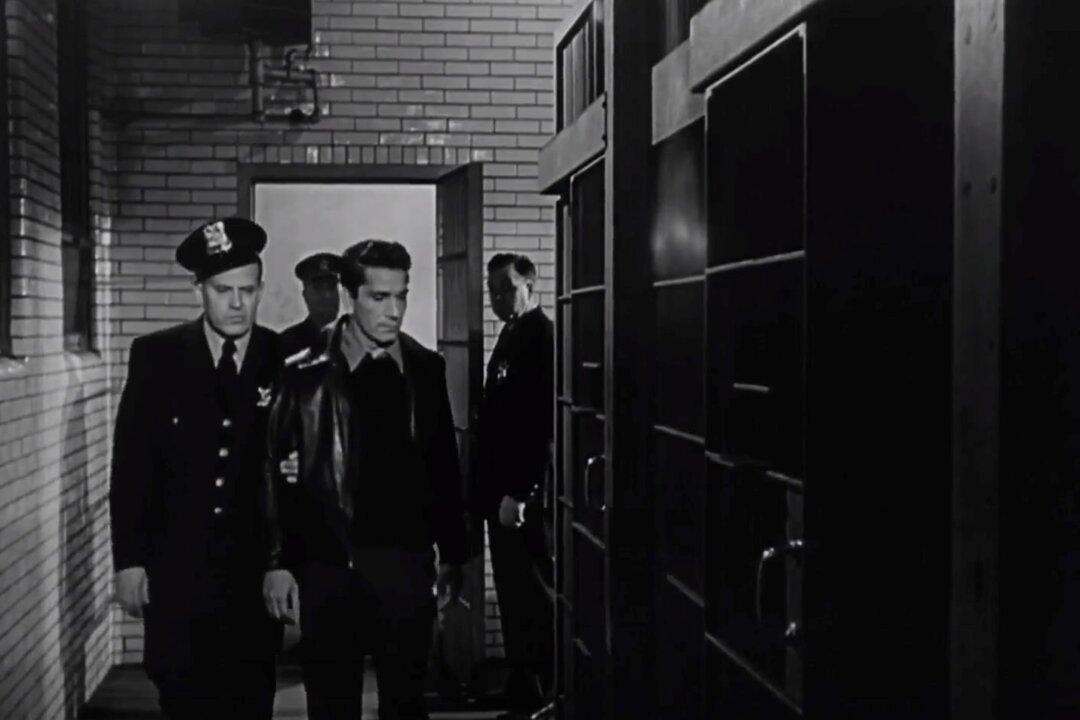Not Rated| 1h 52min | Drama, Film-Noir | March 1948 (USA)
The highly tumultuous Prohibition era of American history catapulted Chicago to new heights of violence. Under the terms of the 18th Amendment, Prohibition made the manufacture, sale, and transportation of alcoholic beverages illegal in the United States. Of course, many people found a way to get to alcohol anyway, even if it meant visiting one of the many speakeasies that dotted the Windy City.






